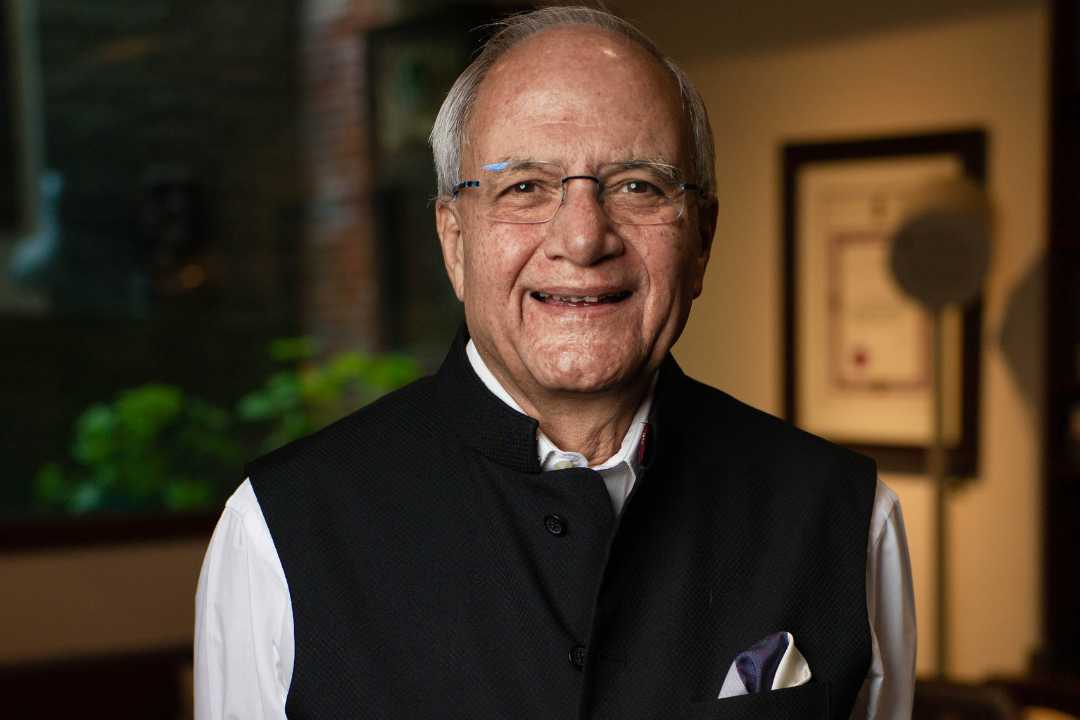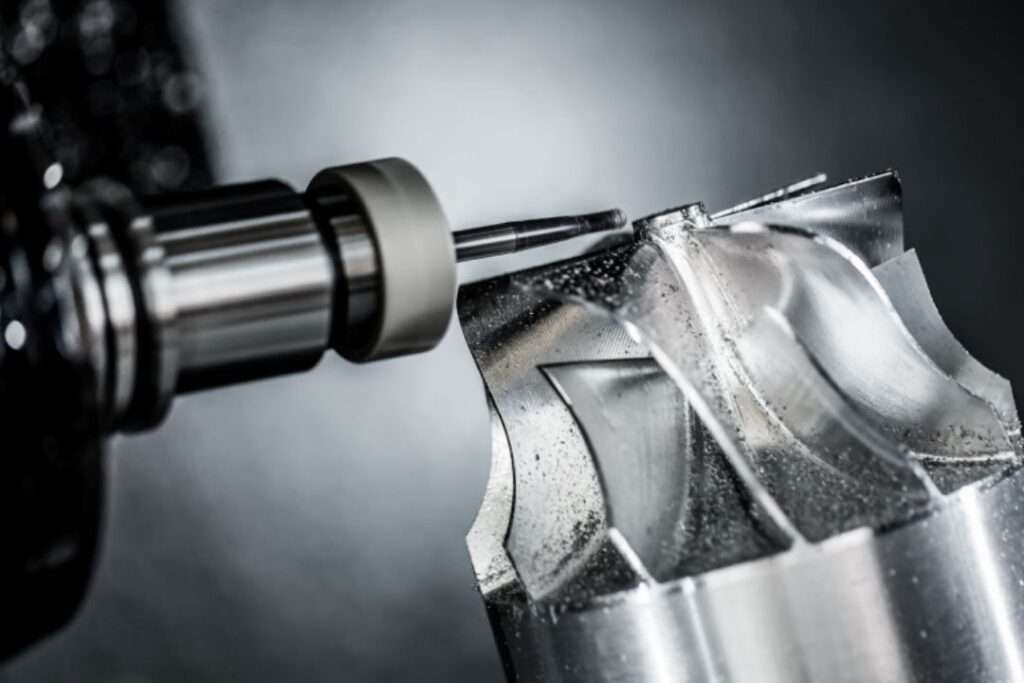In a significant development for India’s electronics and semiconductor manufacturing sector, EPIC Foundation, a not-for-profit think tank established by HCL founders Dr Ajai Chowdhry and Arjun Malhotra, has signed a Memorandum of Understanding (MoU) with Fraunhofer Group for Microelectronics (VµE), Europe’s largest applied research alliance for microelectronics. This partnership aims to support India’s ambition to become a global leader in Electronics System Design and Manufacturing (ESDM), by combining local expertise with advanced European R&D capabilities.
The agreement was formalized during the Indo-German Workshop held at the India Habitat Centre in New Delhi, focused on drafting a long-term roadmap for collaboration in electronics manufacturing and semiconductor ecosystem development. The event drew participation from key policymakers and industry leaders.
Notable speakers included Dr G Satheesh Reddy, Member of the National Security Advisory Board; Amitesh Kumar Sinha, Additional Secretary, Ministry of Electronics and Information Technology (MeitY); and Nidhi Khare, Secretary, Department of Consumer Affairs. Academic and technical leaders such as Prof V Ramgopal Rao, Vice Chancellor of BITS Pilani, and Prof Dr Albert Heuberger of Fraunhofer IIS also contributed to the discussions.
This alliance brings together EPIC’s mission of making India a “Product Nation” and Fraunhofer’s deep technical knowledge in microelectronics, covering areas such as sensors, MEMS, optoelectronics, and semiconductor packaging. With a focus on practical applications and commercial readiness, the partnership is expected to drive high-quality semiconductor production in India. It also includes capacity-building efforts such as skill development, joint research programs, and talent exchange initiatives to align with global standards.
Dr Ajai Chowdhry, Chairman of EPIC Foundation, noted that the collaboration is a crucial step toward achieving India’s vision for a self-reliant digital economy. He emphasized the need to strengthen domestic capabilities in research and next-generation technologies to reduce dependence on imports. “With Fraunhofer’s global expertise and EPIC’s national focus, this partnership lays the groundwork for a strong and competitive electronics manufacturing ecosystem,” he said. The two organizations will also work on establishing Electronics Innovation Clusters (EICs) across the country, driving applied research and industry-academic collaboration.
Anandi Iyer, Director of Fraunhofer India, described India as a key partner in Fraunhofer’s global innovation network. “India’s growing industrial base, skilled workforce, and supportive policies make it an ideal collaborator. Together, we aim to develop world-class technologies and contribute to sustainable, inclusive growth,” she said.
India’s electronics and semiconductor sector is on an upward trajectory, supported by rising demand, policy support, and infrastructure investments. With an estimated market size of $520 billion by 2025, there is a strong push to localize manufacturing, boost exports, and reduce import dependence. EPIC Foundation continues to work with government agencies and private players to align strategies, shape policy, and build momentum for India’s emergence as a key player in the global electronics landscape.








